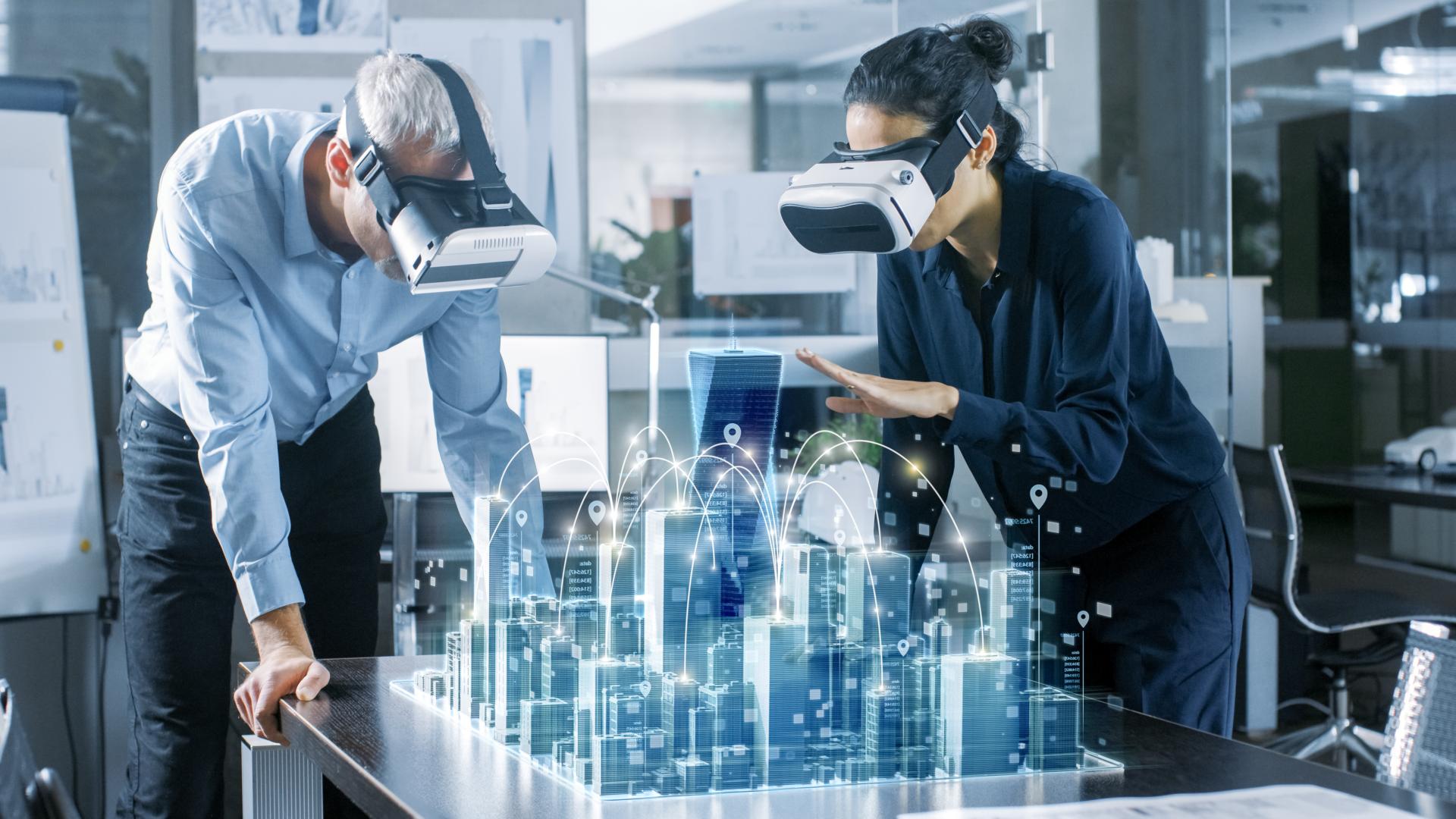The problem
If the hype is to be believed, developments in artificial intelligence will have enormous consequences and shape much of our world. But there is often a lack of good problem definition with alarming consequences.
Firstly, the predominantly rich, and often male creators of AI technologies are struggling to walk in the shoes of significant chunks of society — for example, women, ethnic minorities and the poor.
Secondly, whilst big problems are being tackled, most of the activity is in delivering value creation, optimisation and efficiency for the few not the many. This is supposed to be a revolutionary technology but it is not being prioritised at the biggest problems we face.
The challenge
How could a campaigning organisation like Friends of the Earth make use of this emerging technology, cut through the hype and discover what (if any) is our role in shaping its future development?
How might we demonstrate the power and potential of artificial intelligence to our colleagues and influence practitioners to use it for good?
What we learned
Here's a summary of what we learned. The short version is that civil society urgently needs to engage with the development of the technology to prioritise the right problems and we need to work on a human shaped future that ensures this technology does not exacerbate current bias or inequality.
What's next
We remain convinced that artificial intelligence will have a major impact on our work and are partnering with Cambridge and Exeter Universities AI Doctoral centres.
If you have ideas to share about AI and environmental problem solving, please get in touch.


